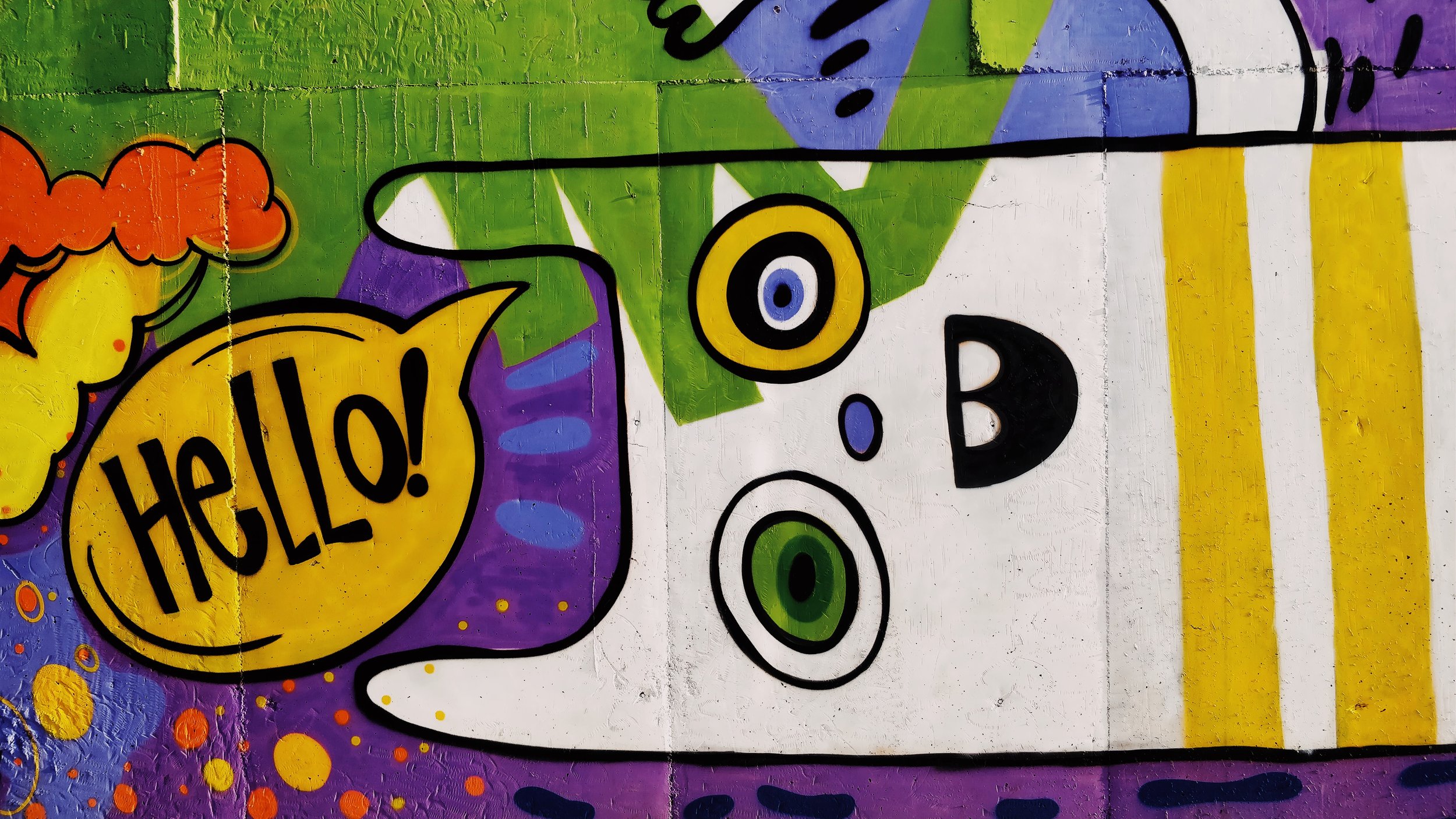Image by Artem Bryzgalov on Unsplash
When it comes to dealing with anxiety, it’s probably safe to say that most of us have been in similar places. We may have tried distracting ourselves from it with other activities, or avoiding the situation that’s causing us to feel anxious. We may have even tried reasoning with ourselves using logic, or beating ourselves up about it and hoping it would go away – “Stop being so stupid! It’s just…!” Despite the various strategies we’ve tried, the struggles continue.
That’s because anxiety is a complex emotion that’s often caused by a combination of factors. It’s often driven by unconscious fears and worries. These fears and worries may not be based on reality, and they may be difficult to identify and challenge. It can also lead to physical symptoms, such as a racing heart, shortness of breath, and muscle tension. These symptoms can make it difficult to think clearly and rationally. And to top it all off, it can also create a negative feedback loop. The more you worry about your anxiety, the worse it can become.
The key is to stop seeing anxiety as something bad that we need to avoid at all costs.
Feeling anxious or having anxious thoughts is part of life, just like all other human emotions. If we have life experiences, wishes, and fears, at some point, we will experience anxiety. It may feel scary and uncomfortable (or even embarrassing) to not feel in control or feel like we’re unable to cope.
But if we look at it another way, anxiety is actually our internal senses flagging that something needs our attention. So, in a way, anxiety can be our friend, and it’s trying to tell us that maybe we need help, rest, connection, or to work through the unprocessed trauma we’ve been carrying through the years.
I’ve found that to ease my anxiety and get out of the fight/flight response, I need to work with both my body and mind. Until my nervous system starts to calm, there’s no talking myself out of anything. It’s essential to create an inner sense of safety.
My Body
First, I acknowledge my anxiety, “Something in me is feeling anxious.” Then, to get out of my head and reconnect with my body, I use deep/steady breathing techniques to slow down my heart rate. Regulating our breathing is the simplest and surest way to slow things down, and soothe our nervous system. I use things around me to reconnect with my senses (sight, hearing, smell, taste, touch), to bring me back to the present, my body and the physical world. Sometimes I would go for a walk – breathe and observe my surroundings; I love touching plants and tree trunks with interesting textures. When I notice myself drifting back into my thoughts, I just gently bring my attention back to the physical world again. Be patient to let my senses calm.
My Mind
I change the language I use with myself – no blaming, shaming, or avoiding my emotions.
Emotions are part of us, they come and go within us. It’s important to remember that I own them, they don’t own me. So instead of thinking, “I’m anxious about….”, I shifted it a little to “Something in me is feeling anxious about….”. This creates enough space between me and my anxiety so I can be with it – as a host, an observer, without it consuming me.
It’s also important to acknowledge and accept my anxiety with compassion and gentleness. For this, I use touch and self-talk, by placing my hand where I feel my anxiety and acknowledging it – “I know you’re here.” Usually, it’s a tightness in my chest or a sinking feeling just under my chest.
I let it stay there and we have a conversation, like one friend would with another about our thoughts and feelings, and how we can help each other. And I thank my anxiety for letting me know that something needed my attention. Often, this led me to chat more with my husband, friends, or colleagues. Sometimes it was just to off-load and let go, other times, I needed help, empathy, and connection.
Once we stop avoiding or fighting it, and see it as a friend, curiosity and compassion can grow.
That’s not to say I don’t get overwhelmed sometimes, as that would be humanly impossible. But I would say that once I stop seeing my negative emotions as something bad, I don’t fear it or kick myself for experiencing it. For me, this is the key to not getting stuck in the loop of anxiety. It’s freeing to know that I am OK, even when I’m not feeling OK. When I needed more help working through the underlying ‘stuff’, counselling was helpful in helping me gain clarity about my blind spots and how I can work with them.
How about you? How do you usually deal with your anxiety? If you’ve been stuck in unhelpful patterns when dealing with your emotions, please get in touch for a free 15-minute intro chat.



